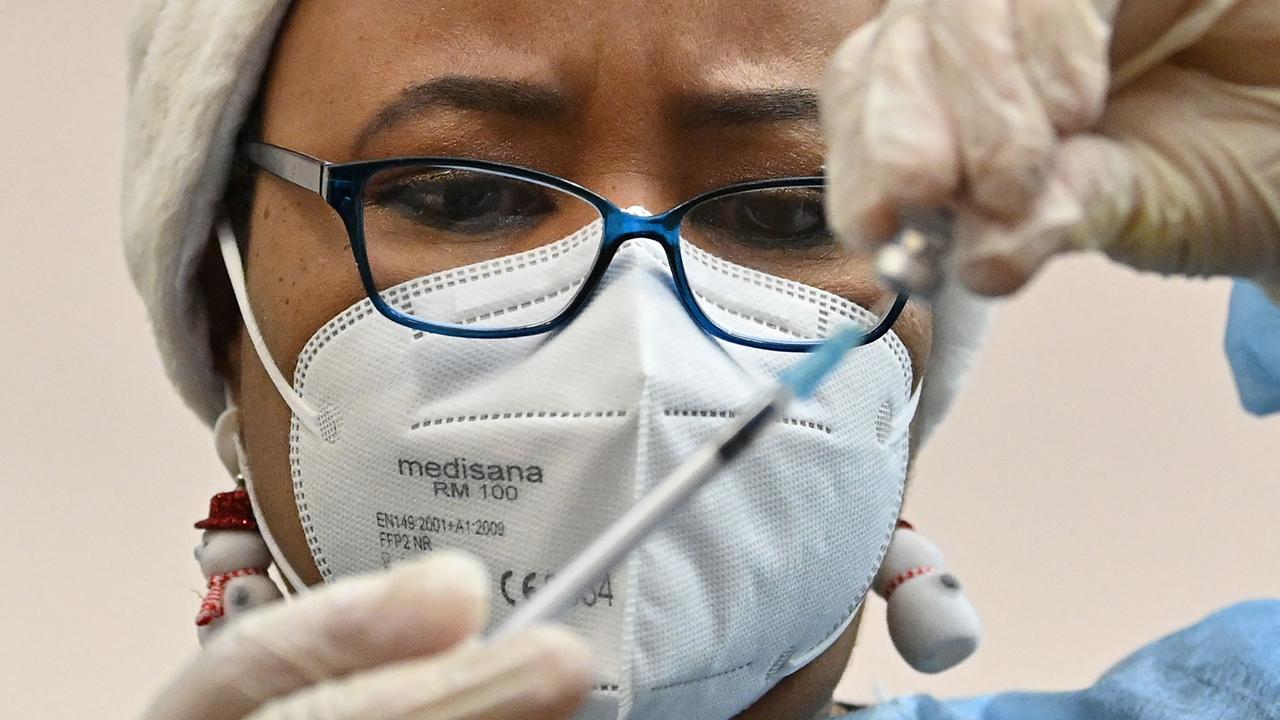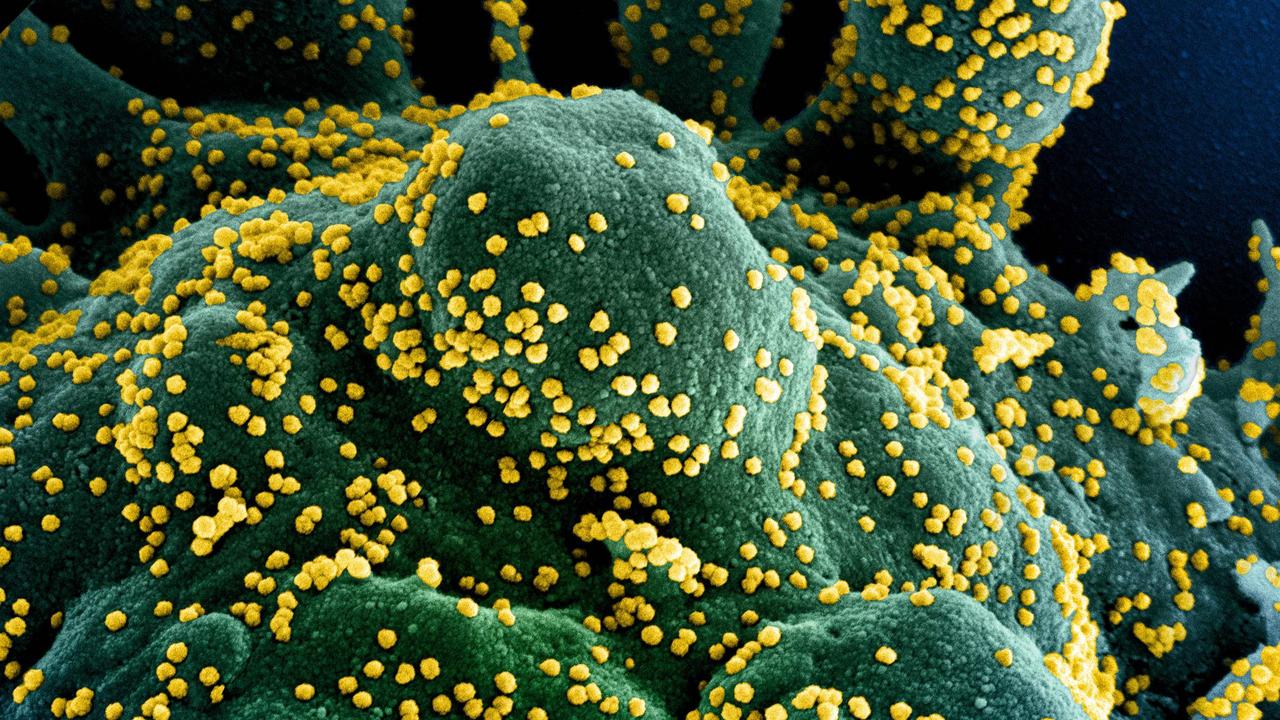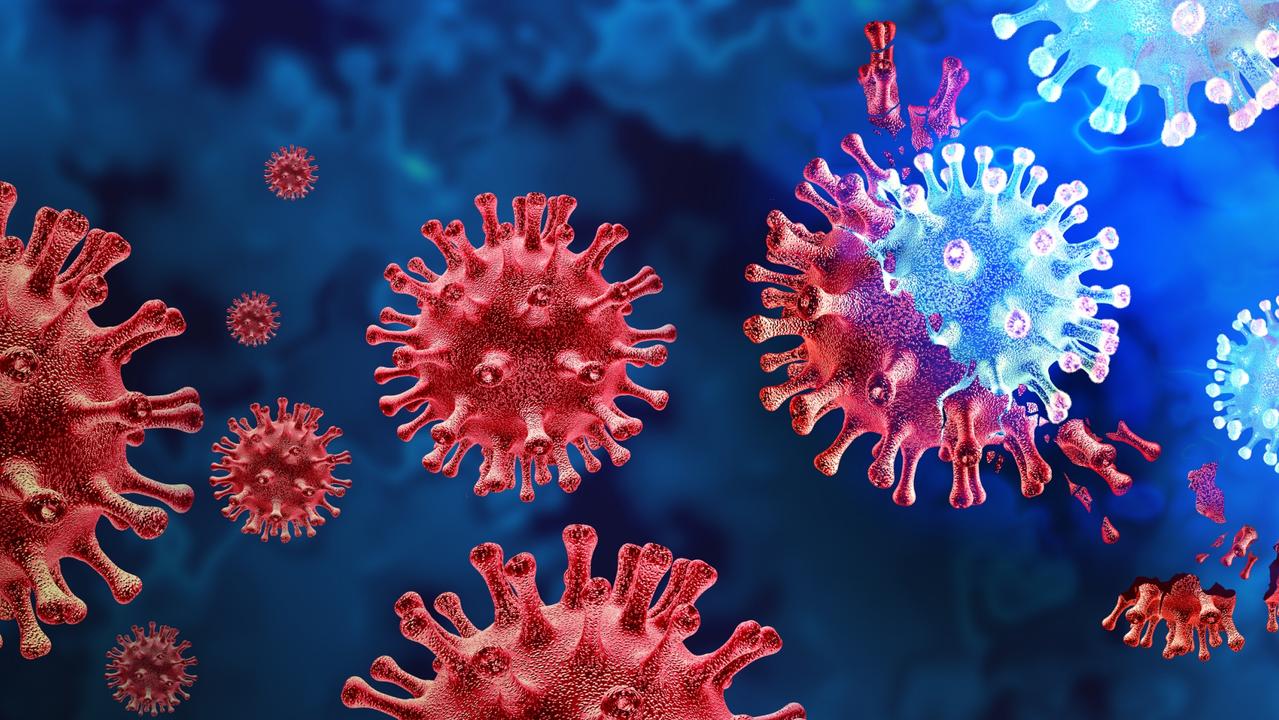UK to get COVID vaccine next week after jab is approved by regulator
The first western nation to ahead with a COVID vaccine will give it to millions in a few days. And an Aussie arrival date has been revealed.
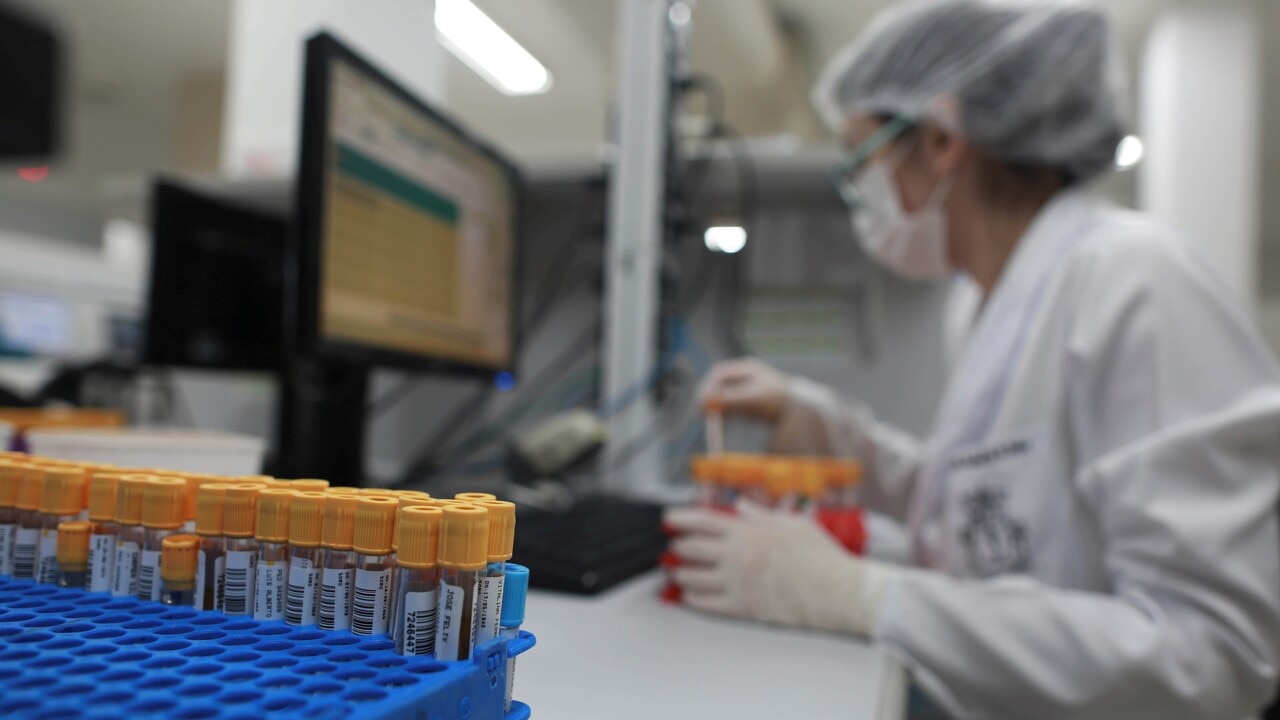
Millions of people in the United Kingdom will begin being vaccinated within days after the nation’s healthcare regulator approved the Pfizer/BioNtech COVID-19 vaccine for use.
The call means the UK is the first Western country to approve a Covid-19 vaccine for general use. It will be rolled out next week and jabs could start within days for people in high priority groups.
Australian Health Minister Greg Hunt says the approval is an “important step for the world”. Australia’s Theraputic Goods Administration is still considering the vaccine, with a decision due by the end of January. If this is approved, it could be delivered by March 2021.
MEDIA STATEMENT: Pfizer Vaccine emergency approval in the UK pic.twitter.com/qTi6slgmcn
— Greg Hunt (@GregHuntMP) December 2, 2020
The UK meanwhile has ordered 40 million doses – enough to vaccinate 20 million people, with two shots each.
Some 10 million of those could be arriving in the UK in the coming days.
It is the most quickly produced vaccine ever, taking only 10 months to follow the same steps that normally span a decade.
Health Secretary Matt Hancock said the approval made the UK the first country in the world to have a clinically approved vaccine for supply.
Help is on its way.
— Matt Hancock (@MattHancock) December 2, 2020
The MHRA has formally authorised the Pfizer/BioNTech vaccine for Covid-19.
The NHS stands ready to start vaccinating early next week.
The UK is the first country in the world to have a clinically approved vaccine for supply.
One of the reasons these vaccines have been produced so quickly is because they use an experimental technique for producing a new type of mRNA vaccine, which has never been approved before.
The Pfizer vaccine uses mRNA technology and the novel nature of the vaccines have raised questions about how safe they are.
Up to now vaccines have been developed using a weak or dead version of a virus, or by using a laboratory-made protein.
For example, the development of a flu vaccine can involve creating a diluted form of the virus by incubating it in chicken’s eggs.
However, mRNA vaccines can be created entirely by scientists in a laboratory using chemicals, enzymes, bacteria or live cells.
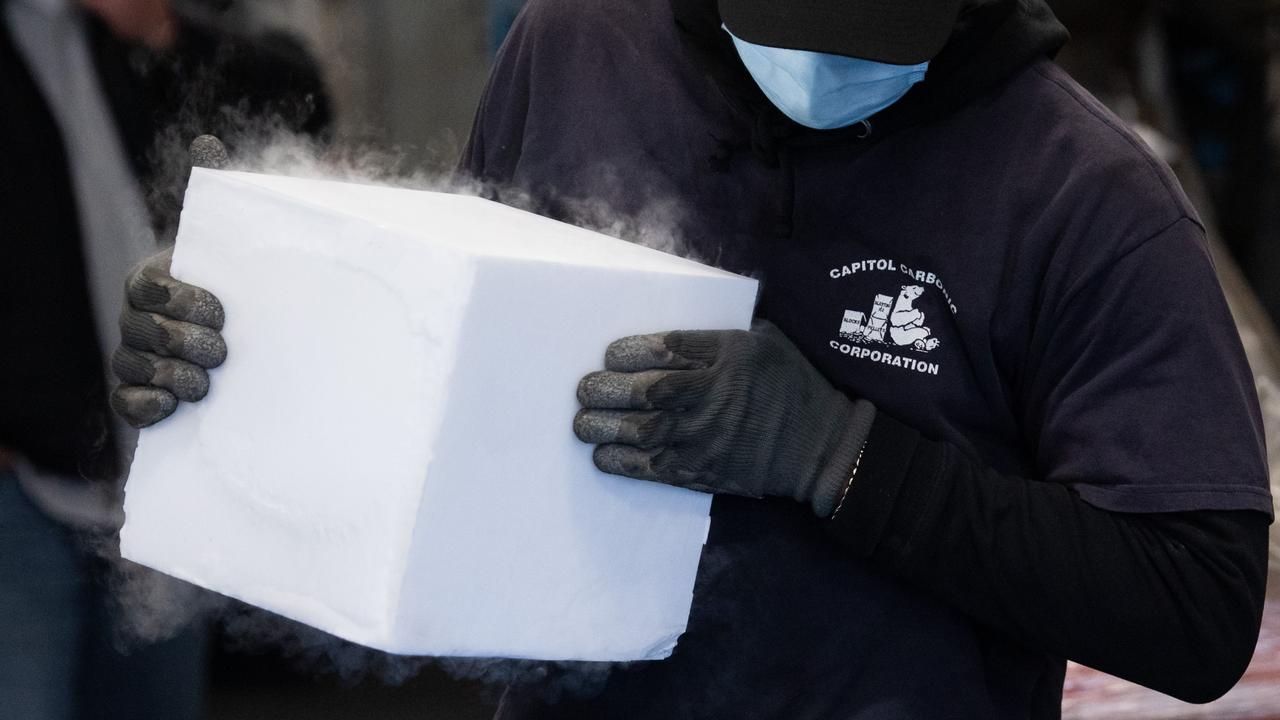
Essentially the scientists make a synthetic version of the virus’s messenger ribonucleic acid (mRNA). Once this is injected into the body, the mRNA prompts the body to make a particular protein, which is detected by the immune system and this causes the immune system to make antibodies to fight against it.
The vaccine basically trains the body what to do if it comes into contact with the protein again.
After months of “rigorous” clinical trials and thorough analysis of the data, then UK’s independent Medicines and Healthcare products Regulatory Agency “concluded that the vaccine has met its strict standards of safety, quality and effectiveness”.
Pfizer chairman Albert Bourla said it was a “historic moment in the fight against Covid-19”.
“This authorisation is a goal we have been working toward since we first declared that science will win, and we applaud the MHRA for their ability to conduct a careful assessment and take timely action to help protect the people of the UK,” he said.
Pfizer and BioNTech added that they expected further regulatory decisions from other countries “in the coming days and weeks”.
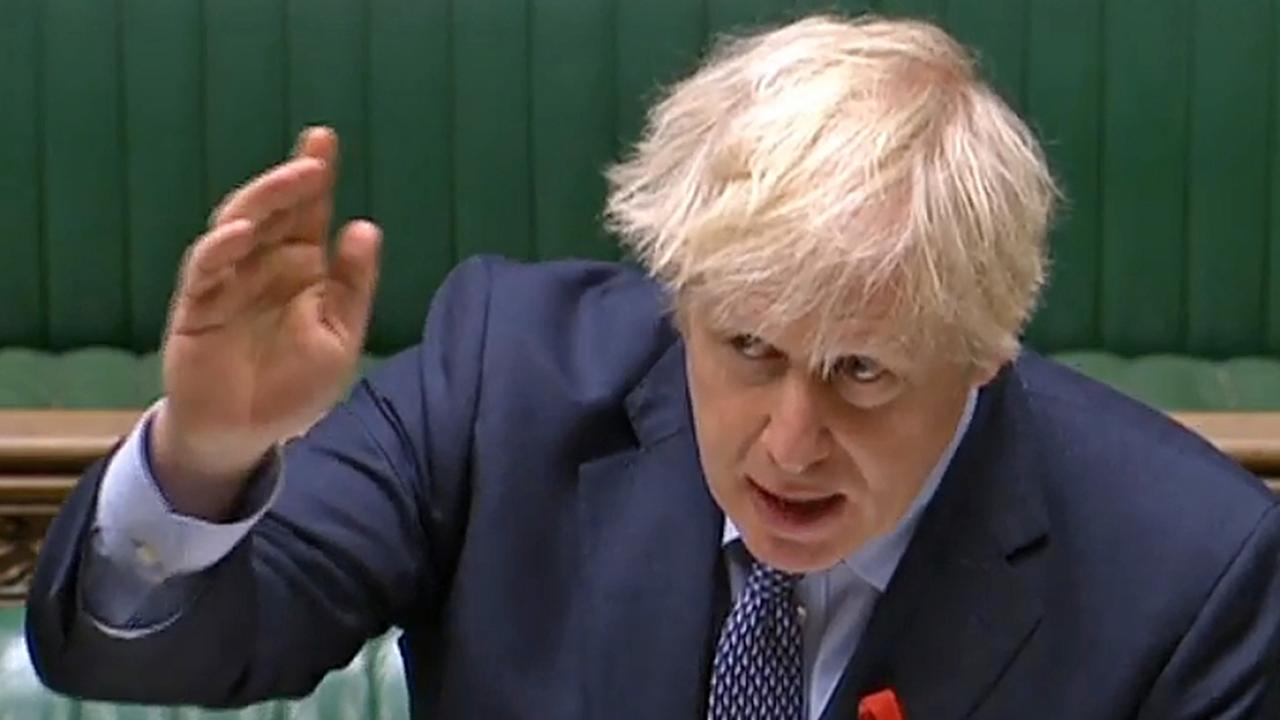
The announcement came as England exited a month-long coronavirus lockdown, but most of the country remained under restrictions as a new regional system for cutting infection rates kicked in.
The four-week lockdown, which began in November, was imposed to stop surging rates of infection, ease pressure on health services, and to allow families to gather for Christmas.
Prime Minister Boris Johnson, a Covid survivor, succeeded in winning a vote on the measures in parliament late Tuesday, despite significant opposition within his own Conservative ranks.
“All we need to do now is to hold our nerve until these vaccines are indeed in our grasp and indeed being injected into our arms,” he told lawmakers before the vote.
Until then “we cannot afford to relax, especially during the cold months of winter”, he warned.
— with Charis Chang and AFP


